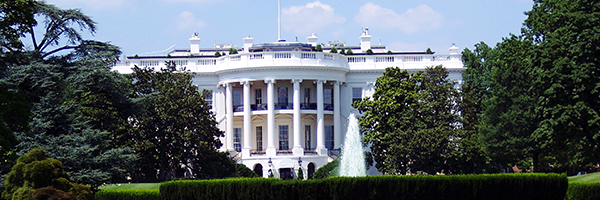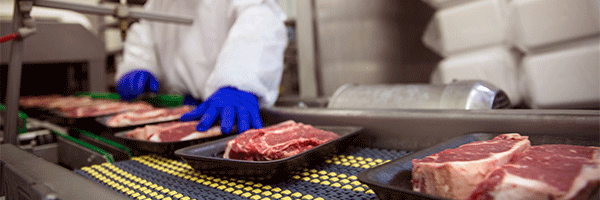
May 16, 2025 | Daily JAM |
Remember all those tariff negotiations that were supposed to take place during the 90-day pause of the April 2 higher global tariffs Not going to happen in most cases.

May 15, 2025 | Daily JAM, Morning Briefing, WMT |
Walmart warned Thursday that price increases look certain–possibly within weeks–even after President Donald Trump announced a deal to reduce tariffs on Chinese exports to “just” 30%.
“We’re positioned to manage the cost pressure from tariffs as well or better than anyone, but even at the reduced levels, the higher tariffs will result in higher prices,” Walmart chief executive Doug McMillon said

May 13, 2025 | Daily JAM, Mid Term |
All estimates of the effect of the Trump tariffs and foreign retaliation are obviously shots at a moving target. But here’s how the Budget Lab at Yale sees the picture now. (This forecast includes all tariffs implemented in 2025 through May 12. It includes the effects of the lower rates with China, the deal with the UK, and the recently announced auto tariff rebate. The analyses assumes that the May 12 rates stay in effect indefinitely.)

May 12, 2025 | Daily JAM, Morning Briefing |
The United states and China have agreed to pause higher tariffs for 90 days. Treasury Secretary Scott Bessent and U.S. Trade Representative Jamieson Greer said Monday, after weekend talks in Geneva with a Chinese delegation led by Vice Premier He Lifeng, that U.S. tariffs on Chinese goods would be reduced from 145% to 30%. Beijing said it would cut its blanket tariffs on American products from 125 to 10 percent. Both reductions will take effect on Wednesday. What’s it all mean?

May 11, 2025 | Daily JAM |
West Coast port officials reported Friday that no cargo vessels had departed from China bound for the two major ports in Southern California—Los Angeles and Long Beach—over the previous 12 hours, according to CNN. Just six days earlier, 41 ships had been scheduled to leave China for the San Pedro Bay port complex. On Friday morning, that number was zero.

May 9, 2025 | Daily JAM |
China has offset plummeting shipments to the United States with a surge in sales to Southeast Asia. And where do you think those Chinese exports are headed–eventually? Why to the United States, of course. What this massive tariff workaround will do to expectations for a big increase in U.S. inflation is anyone’s guess. But I’d bet it takes much of the urgency for China out of reaching a quick deal with the United States in the trade talks that begin in Switzerland this weekend.

May 9, 2025 | Daily JAM, Morning Briefing |
President Donald Trump suggested on Friday that he was open to sharply reducing the tariffs that the United States had imposed on China, as American and Chinese negotiators prepare to meet in Switzerland this weekend for high-stakes trade talks. In a post on Truth Social, Trump said that an 80% tariff on China “seems right,” adding that it would be “up to Scott B,” an apparent reference to Treasury Secretary Scott Bessent. An 80% tariff would be a big drop from the current 145% that President Trump imposed on Chinese imports on April 2. But many trade experts say that anything north of 50% would essentially shut down trade between the two countries. In 2020, in the midst of the first Trump trade war, U.S. tariffs on Chinese goods averaged 19.3%. Before the Trump trade war they were 3%.

May 8, 2025 | Daily JAM, Morning Briefing |
To subscribe to JAM you need to fill in some details below including, ahem, some info on how you'll pay us. A subscription is $199 (although if you're subscribing with one of our special offers it will be lower) for a year for ongoing and continuing access to the...

May 6, 2025 | CMI, Daily JAM, Jubak Picks, Mid Term, Morning Briefing, Top 50 Stocks |
Ford Motor (F), Cummins (CMI), and Mattel (MAT) are the latest companies to pull their revenue and earnings guidance for the rest of 2025 because of uncertainty introduced by the Trump tariffs.

May 6, 2025 | Daily JAM |
Treasury Secretary Scott Bessent said Tuesday that the United States is not negotiating with China on trade, contradicting claims by President Donald Trump.

April 30, 2025 | Daily JAM |
Seems like we’re back again to a world where all the bad news is good news.

April 29, 2025 | Daily JAM, Morning Briefing |
Today General Motors announced that it was pulling its previous earnings guidance for 2025 and putting $4 billion in share buybacks on hold until it has more clarity on the impact of U.S. tariffs.












